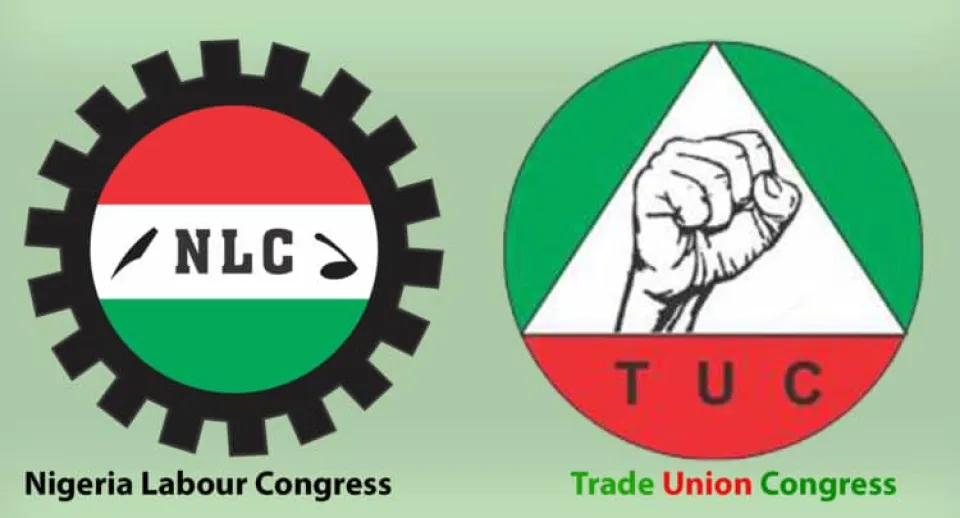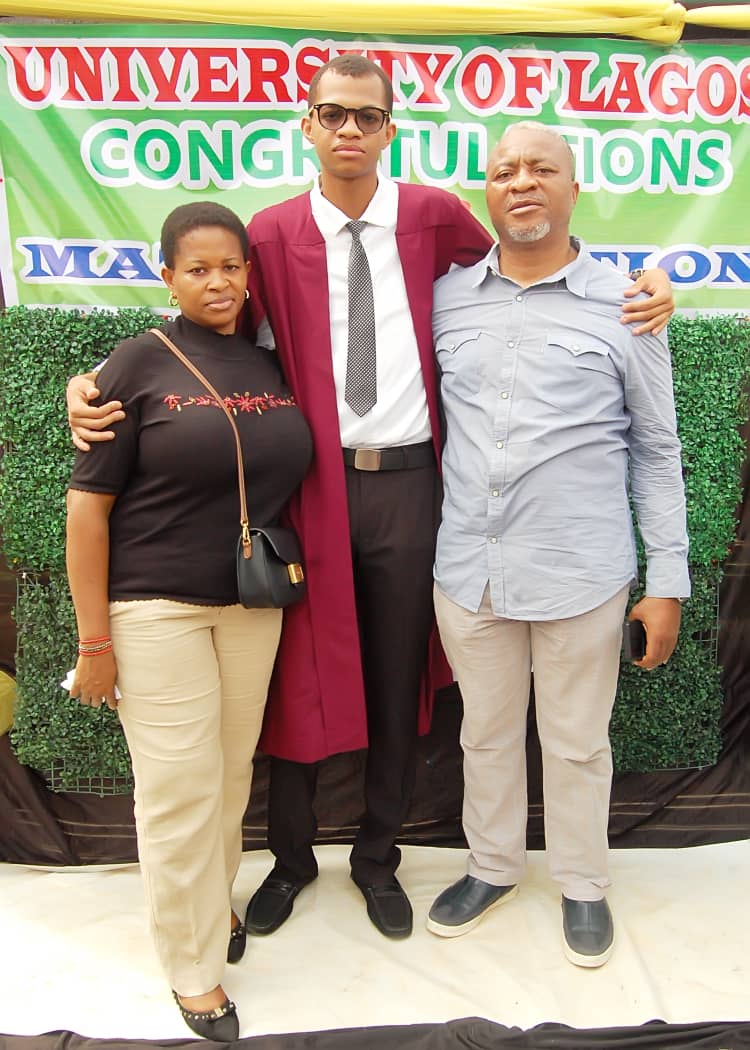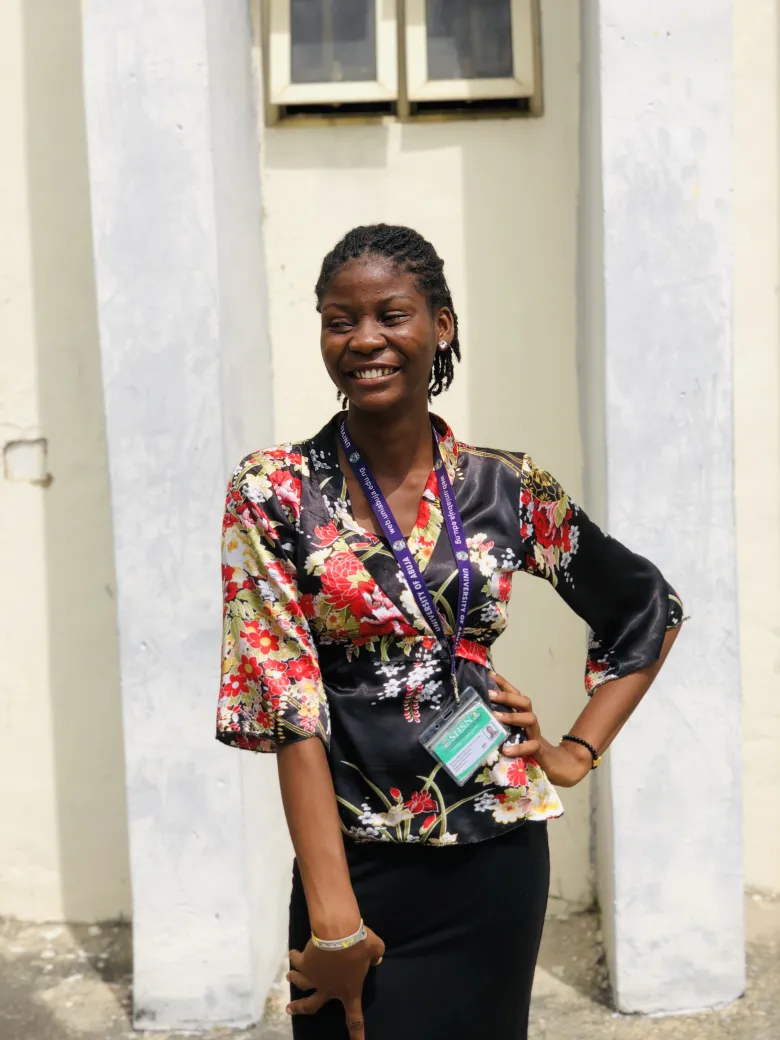Since April 2024, Nigeria has been embroiled in a nationwide strike spearheaded by the Nigeria Labour Congress (NLC) and the Trade Union Associations, demanding an increase in the minimum wage from ₦30,000 to ₦615,000 amid worsening economic conditions. The Federal Government countered with an offer of ₦60,000, but the NLC insisted on ₦494,000. Additionally, the Nigeria Electricity Regulatory Commission (NERC) announced a steep tariff hike from ₦62 to ₦206.8 for Band A consumers, exacerbating public discontent. This impasse led to the suspension of academic activities in higher institutions, including the University of Nigeria Nsukka (UNN), as directed by the Academic Staff Union of Universities (ASUU).
UNN students expressed diverse opinions on the strike. A 100-level Combined Arts student, also a class representative, lamented the timing, noting that freshers had barely started classes. "Some lecturers are yet to give out course outlines, and very soon, exams will start. This strike is a real setback," he said, urging the government to meet the NLC’s demands.
Constance Onugwu, a 200-level Mass Communication student, worried about her education being disrupted. "I don't want to stay at home doing nothing," she said, hoping for a swift resolution.
Conversely, 300-level Combined Arts students Joseph and Ugochukwu Praise supported the strike, viewing it as essential for pressuring the government. "The strike is okay because if they call it off, the government will still not do anything," said Ugochukwu, who plans to use the time to produce shoes and slippers. Joseph added that he would learn a trade or consider leaving the country if the strike continued.
Johnson Oyebuchi, a 200-level Biochemistry student, also backed the strike, highlighting the suffering of students and their families. "Negotiation could have been the best way, but since the strike is on, they should ensure the government acts before ending it," he said.
Godwin Ozor, a 300-level Microbiology student, supported the strike for financial reasons. "The cost of living is too high, and this strike will give me a chance to make more money and be ready for the semester," he explained, noting the increased prices of basic goods and services. He advocated for a prolonged strike to force government intervention.
Olivia Ifoh, a 100-level Human Anatomy student, was distressed by the strike's impact on her newly begun academic journey. "I pray the strike doesn't affect my matriculation. It's devastating," she said, expressing empathy for large families struggling economically.
Chukwuma Precious, a 100-level Medical Rehabilitation student, had mixed feelings. While he appreciated the break, he worried about the emotional toll on students. "The emotional damages are too much. Students are already depressed," he said, urging the government to act quickly to restore normalcy.
While some students view it as a necessary stand against government inaction, others are concerned about their disrupted education and uncertain futures. There is a strong need for the government to address economic hardships and meet the NLC's demands to alleviate the suffering of the populace.
By Ndidiamaka Ede








